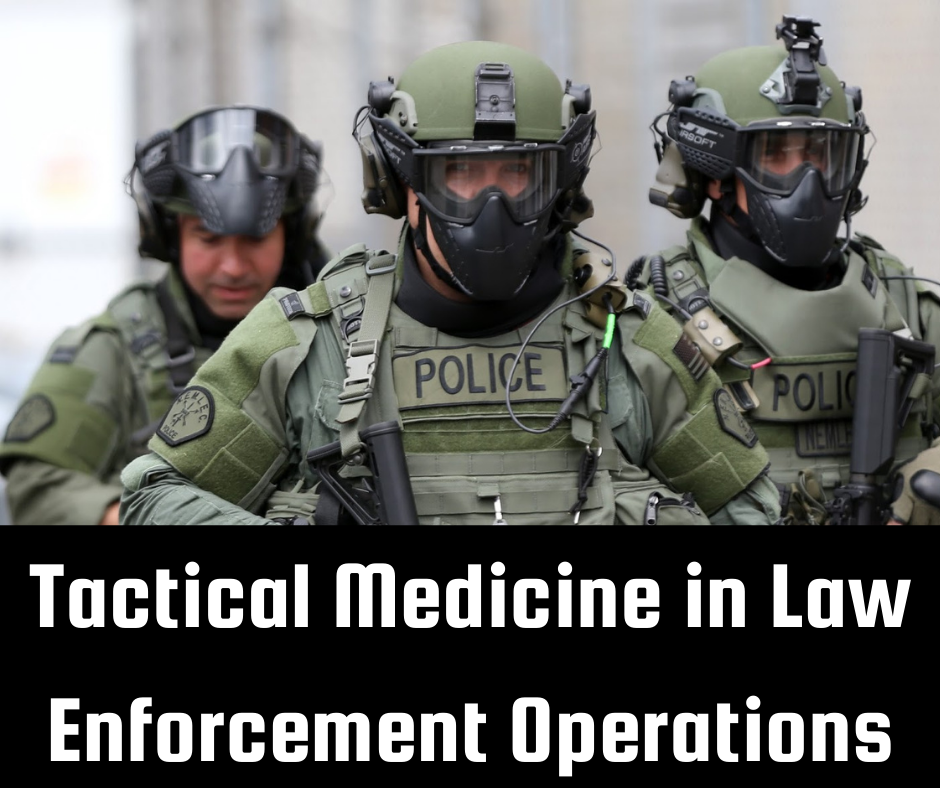The types of injuries that can occur during tactical operations are often different from those seen in a traditional medical setting. For example, officers may be at risk of injury from gunfire, explosions, or blunt force trauma. Tactical medics must be trained to recognize and treat these types of injuries quickly and effectively.
Tactical medics receive specialized training that goes beyond what is typically required of traditional medical personnel. This training includes instruction in advanced trauma care, emergency medicine, and critical care. Tactical medics also learn how to provide medical care in austere or hostile environments, such as in a building or in the field.
In addition to providing medical support during tactical operations, tactical medics also play an important role in preparing officers for high-stress situations. They may conduct medical screenings, provide training on the proper use of body armor, and offer advice on how to reduce the risk of injury during high-risk operations.
The importance of tactical medicine in law enforcement operations cannot be overstated. The specialized training and expertise of tactical medics can mean the difference between life and death for officers and other first responders. It is a critical resource that helps to protect the lives of those who protect our communities.

